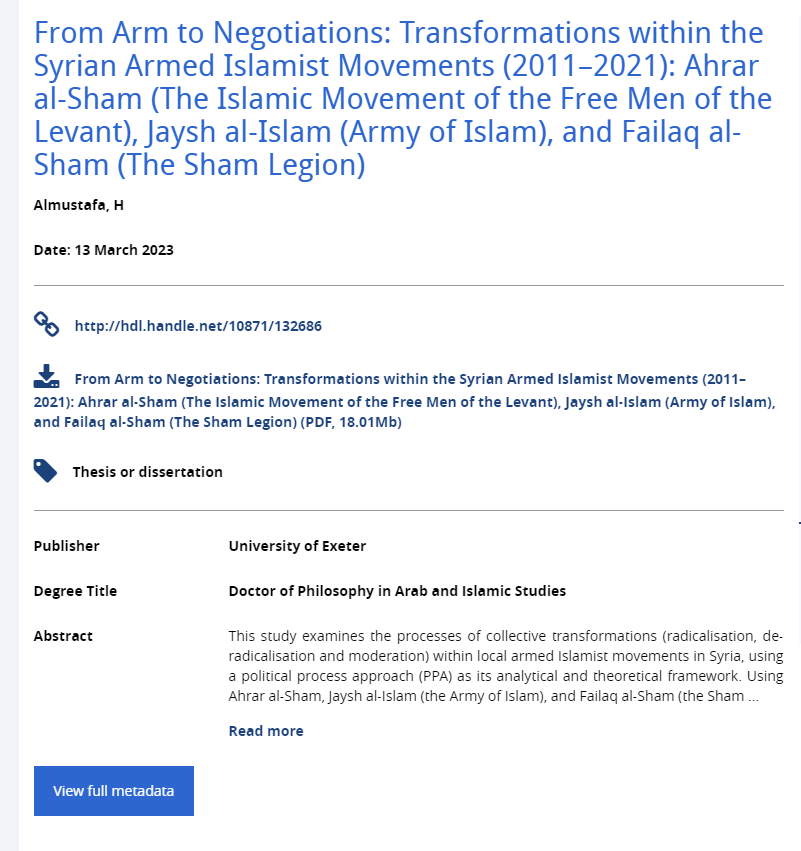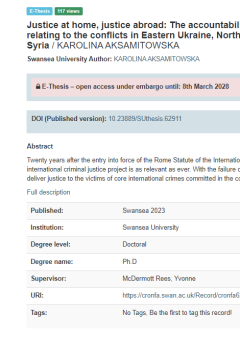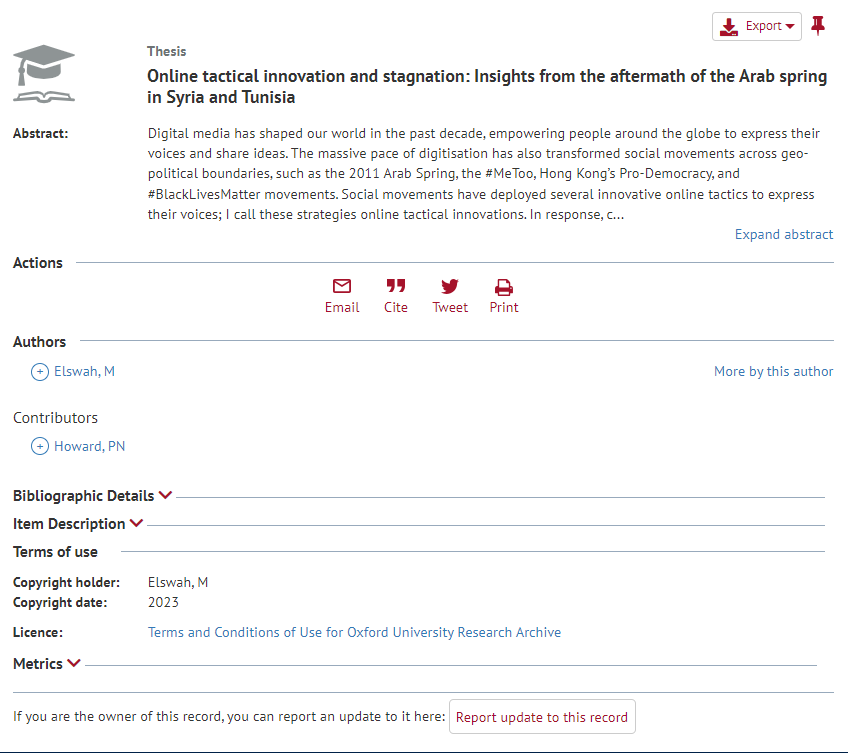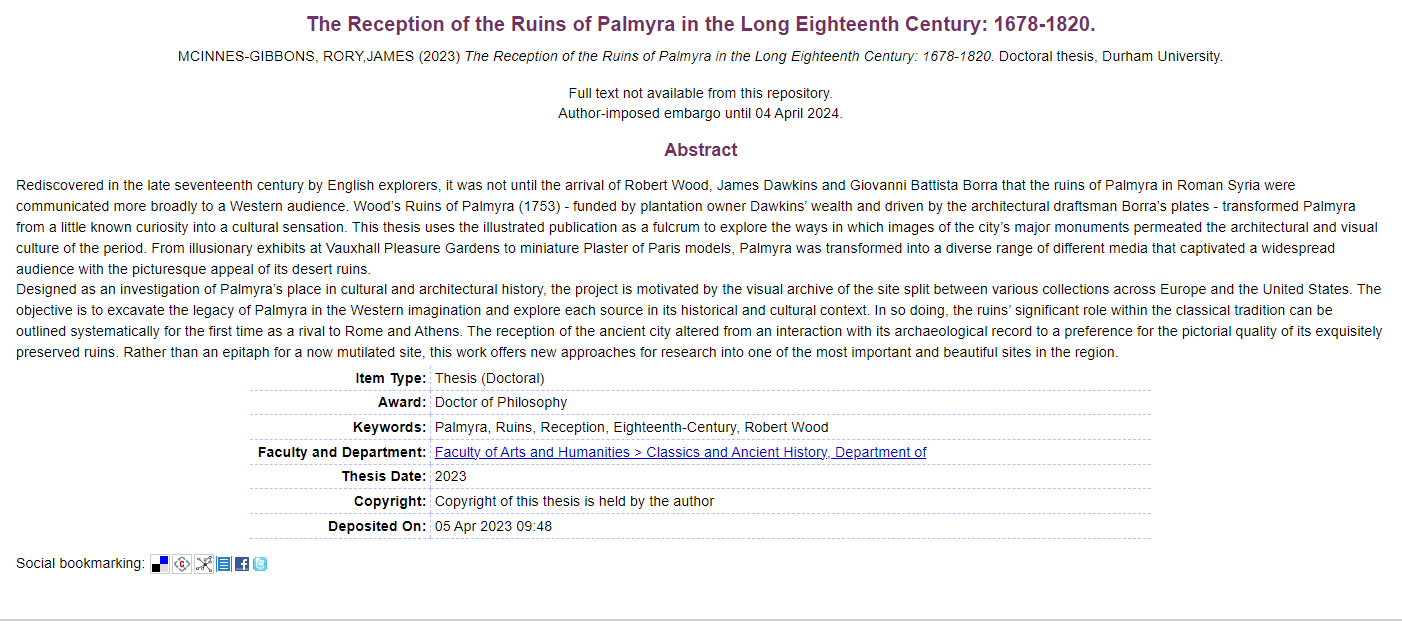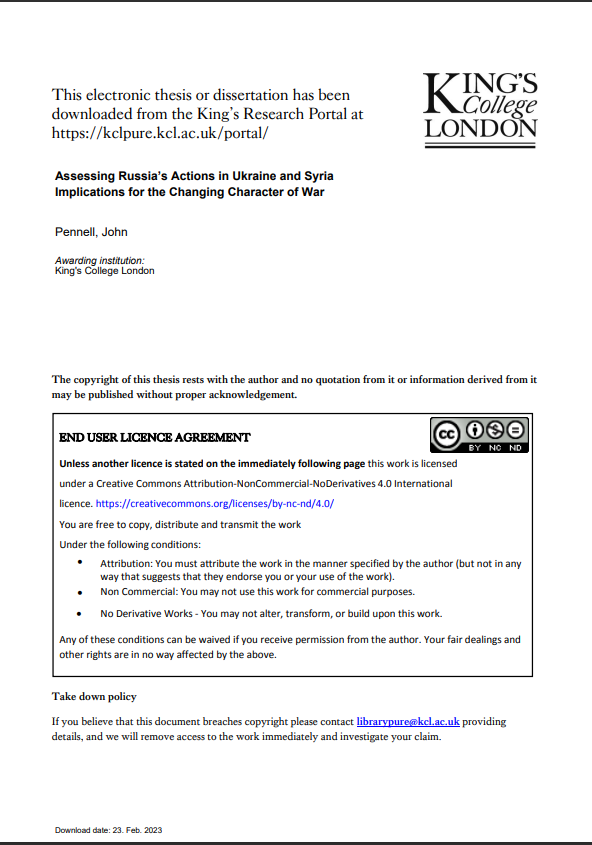Twenty years after the entry into force of the Rome Statute of the International Criminal Court, the international criminal justice project is as relevant as ever. With the failure of multilateral efforts to deliver justice to the victims of core international crimes committed in the context of armed conflicts in Syria, Northern Iraq and Eastern Ukraine, the ad hoc approaches to international justice and accountability are on the rise again. The vacuum created by the paralysis of the multilateral system has been filled by civil society actors and ad hoc responses created by war crimes units and regional cooperation frameworks. This thesis is based on the premise that universalisation of core international crimes definitions across different legal systems, and centralisation of domestic, regional and international accountability responses, are amongst the greatest achievements of the system of complementarity created by the Rome Statute, that became effectively operationalised through the use of universal jurisdiction. It has been submitted that although states with ongoing armed conflicts are facing particular challenges in relation to investigations and prosecutions of core international crimes, the implementation of the Rome Statute framework, as well as its operationalisation through the establishment of war crimes units, enables states to conduct successful cumulative prosecutions of core international crimes. This thesis argues that within this new international criminal justice ecosystem, consisting of a multitude of new actors and ad hoc collaboration frameworks, the roles and functions of state institutions, as well as the International Criminal Court, have to be redesigned in order to ensure that all the resources are streamlined into effective fight against impunity.
